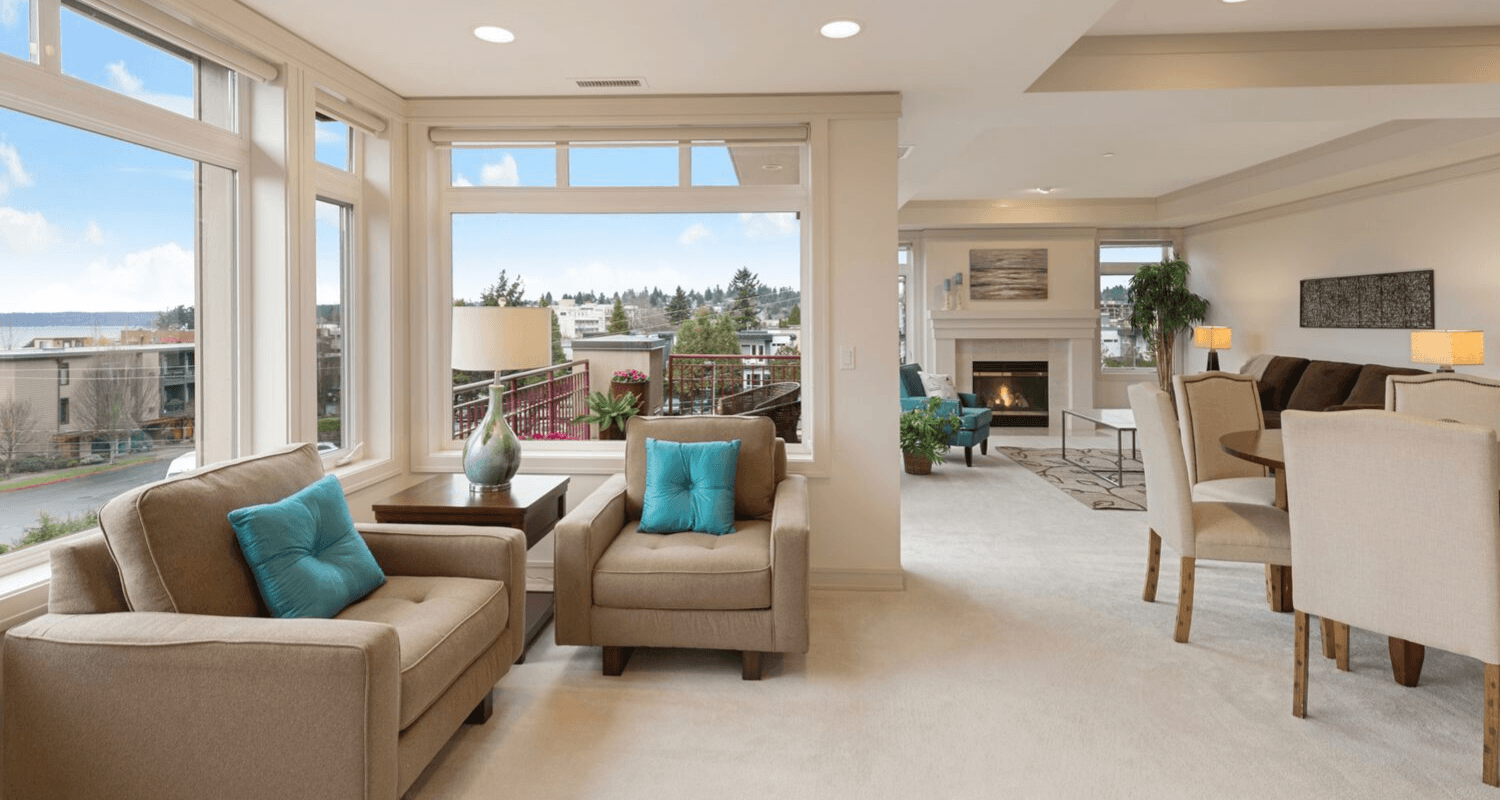UGANDA, Kampala | Real Muloodi News | In Part 1 of this series, we explored the unconscious influence that smell can have on home buyers, and how to use that to your advantage when selling your home. In this next instalment, we continue to explore the hidden psychology of home buyers, and how to use sight to influence them to purchase… and for a higher price!
Staging a home, or “setting the stage,” involves aesthetic strategies to present the home in the best possible light, such as redecorating and rearranging furniture.
Staging homes is a practice more commonly found in western counties, but is slowly gaining popularity in Uganda, particularly at the very high-end of the market.
According to Chicagoland Home Staging:
“Staging a home is a combination of art, science, creativity, and psychology that connects the home buyer to the property emotionally, then prompting the sale.”
Betsy Wilbur, who professionally stages homes for sale in California, says “A staged home will sell for 17% more on average than a non-staged home, and 95% of staged homes sell in 11 days or less. That is statistically 87% faster than non-staged homes.”
The American National Association of Realtors say that for every $100 invested in staging, the potential return in higher home sale value is is $400.
To explain the psychology behind the process, Chicagoland Home Staging says they begin by profiling who will most likely purchase the home. They analyse what kind of lifestyle they aspire to. Once they know the home buyers’ demographics and psychographic, they strategically set up the space to make the property feel bright and spacious. They also manipulate the eye to focus on the positive features of the property and minimize the negatives.



Before placing furniture in a room, Chicagoland Home Staging recommends coming up with a plan to highlight each room’s focal point. A focal point is the centre of interest or activity in that space.
They say well-positioned placement near a room’s best attributes is important. Position the furniture for better traffic flow, or to highlight an existing focal point. They also use a series of interior design principles in their home staging, like the “rule of three” which involves grouping items in odd numbers, which forces the eye to move around the space.

Staging is a particularly effective strategy with high-end housing estates or condominiums, where a developer may reserve one fully finished and staged unit, ready to impress prospective buyers. Making the investment in a fully furnished and staged display unit, including everything from the cabinetry and countertops to paint colors, fixtures and lighting, can attract faster and higher priced sales of their other units.

Wilbur says, “A buyer reaching to the top of their price range might not have additional money for remodelling, so if the home looks ‘good enough for now’ and doesn’t seem like an overwhelming project, then they will throw their hat into the bidding ring, resulting in higher offers for the seller. I had one home where the agent told me going into the project that it was probably going to be considered a tear-down property, but when we were finished it ended up selling for $110,000 over asking price.”
NEXT: In Part 3 of this series, we continue to explore the science behind selling your home, by the numbers.
READ MORE LIKE THIS:



